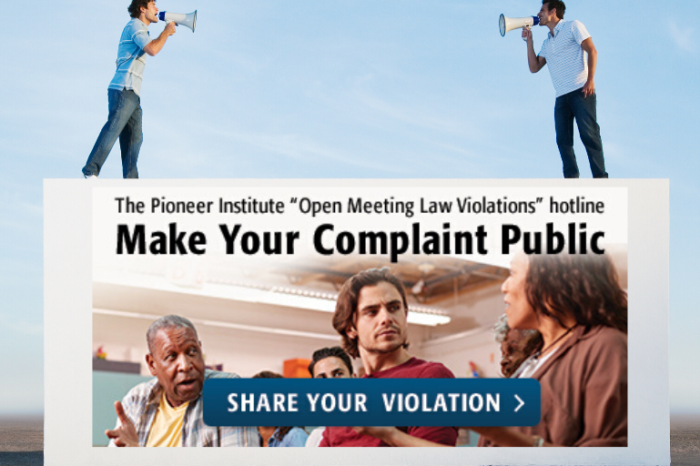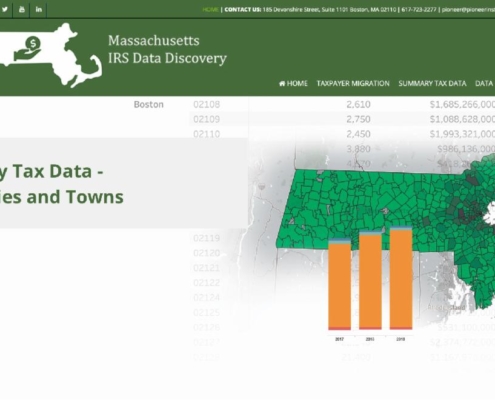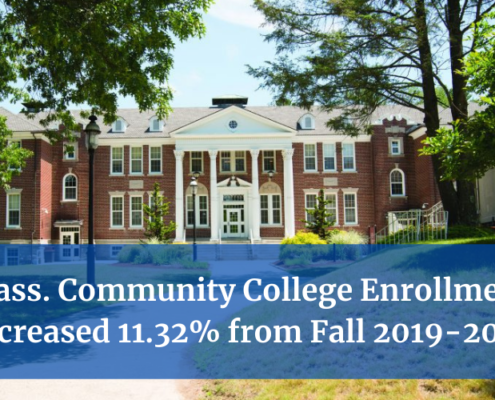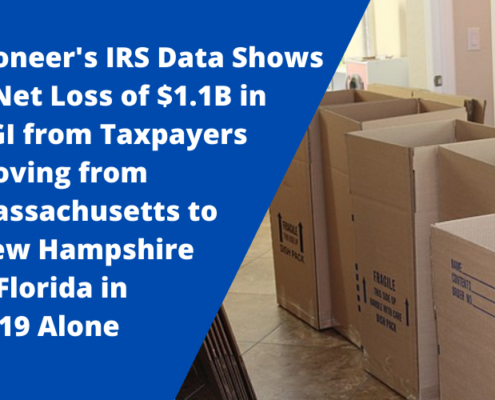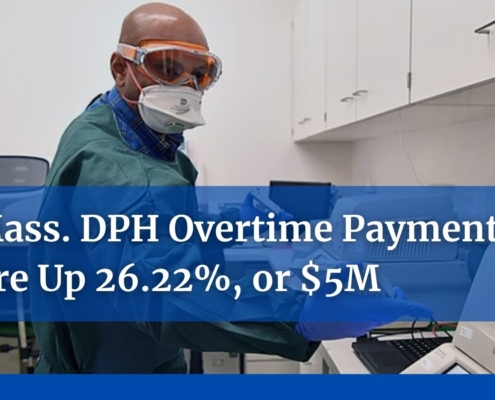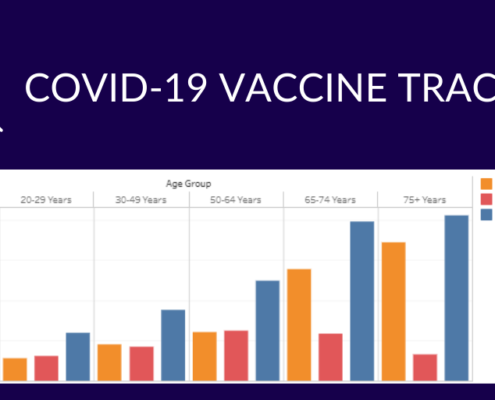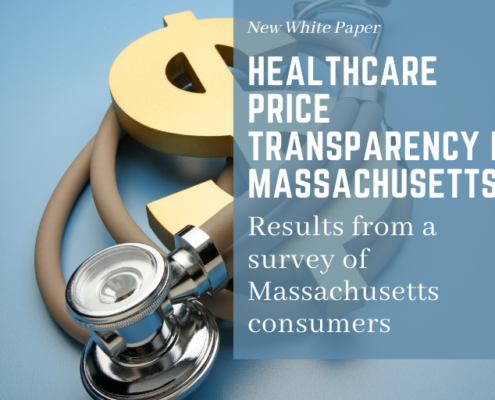New Pioneer Institute Hotline Allows Public to Report Violations of Open Meeting Law
Transparency guards against abuse as public meetings go virtual in response to pandemic
BOSTON – With most public meetings taking place remotely as a result of the COVID-19 pandemic, Pioneer Institute has unveiled an online hotline that allows members of the public to report potential violations of the Commonwealth’s and other states’ Open Meeting Law.
In March, Massachusetts Governor Charlie Baker issued an executive order suspending certain provisions of the Open Meeting Law. The order allows municipal officials to participate in public meetings remotely and allows public bodies to post a recording and full transcript of meetings on the municipal website if the public body, for reasons of economic hardship and despite best efforts, is unable to provide public access via telephone, internet, video conferencing or other alternative means. A number of states have made similar changes.
“We understand that we can’t allow the pandemic to halt the day-to-day functioning of government,” said Pioneer’s Director of Government Transparency Mary Z. Connaughton. “But we also think it’s important to provide an outlet for people to log instances in which the spirit of the law may have been violated.”
People can access the hotline at https://pioneerinstitute.org/survey-open-meeting-laws/. Complaints will be made public.
“Open Meeting Laws provide the public with access,” said Pioneer Executive Director Jim Stergios. “The resulting accountability is a key tool for ensuring that governments act in the public interest.”
About Pioneer
Mission
Pioneer Institute develops and communicates dynamic ideas that advance prosperity and a vibrant civic life in Massachusetts and beyond.
Vision
Success for Pioneer is when the citizens of our state and nation prosper and our society thrives because we enjoy world-class options in education, healthcare, transportation and economic opportunity, and when our government is limited, accountable and transparent.
Values
Pioneer believes that America is at its best when our citizenry is well-educated, committed to liberty, personal responsibility, and free enterprise, and both willing and able to test their beliefs based on facts and the free exchange of ideas.
Get Our COVID-19 News, Tips & Resources!
Related Content

